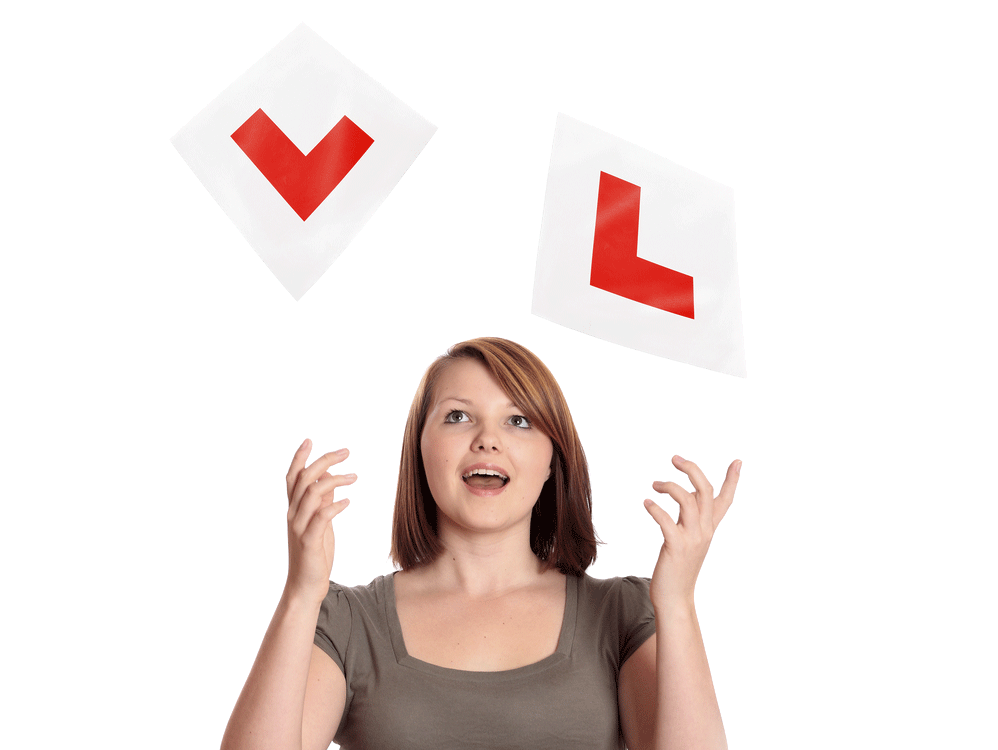




It can be daunting. It can be stressful. Only do it if you feel confident. Below are some pointers...and remember...it can be fun and rewarding.
Legal Points
1. You must be over 21 and have held a full EC/EEA driving licence for at least 3 years for the type of vehicle being driven.
2. The car must be insured for the 'learner' to drive.
3. The car must be roadworthy and safe.
4. You must have L plates fitted at the front and rear of the vehicle, and remove them when the 'learner' is not driving the vehicle.
5. You must not use a hand held mobile phone whilst the learner is driving.
6. The 'learner' cannot drive on the motorway.
7. Neither you or the learner should be unfit to drive through the use of drugs/alcohol.
8. It is illegal for you to receive any payment, even to cover the fuel.
9. You must act as if you were driving as you can be liable for prosecution in the event of any accident. Read this link
Where do I start?
Firstly, speak to your pupil's driving instructor and look at their driver's record to see what areas they have covered. It would be pointless taking them onto a busy dual carriageway if they are not familiar with them. You may be able to join them on a lesson to see how they are being taught, to give you an idea of what to say/do. Buy a rear view mirror for your side!
Agree suitable times and locations for their driving practice so as not to drive in places/circumstances that may be beyond their ability. Maybe travel the same route regularly, such as to school or a club to build up confidence. Choose locations that aren't hilly, too complex or too busy initially.
Remember that they may struggle and not be as quick moving off or changing gears. Be positive and try not to rush them, even if you think what they're struggling with is easy. They may also appear to be in control but may not fully appreciate the dangers or how to overcome them, so point things out and ask them 'what could happen here?'
Don't lose your temper with other road users who show little sympathy as this will affect the learner's attitude and concentration. Stay calm.
Give directions in plenty of time and if they are driving too fast/close ask them 'could they stop in time if the vehicle in front stopped?'
Be prepared to grab the wheel, or use the handbrake to stop/manoeuvre the car in emergencies. Speak firmly if needed, but do not shout.
Look further ahead than you usually would and allow more time to slow down or pick up speed. Tell them how to deal with situations they are unfamiliar with, including gear choices, early on as they approach it.
If things go wrong, take a break. Discuss why it went wrong. Don't argue over who is right, especially if they did something they've been told by their instructor. Methods may have changed since you passed your test.
Once skills have developed, try different times of day/night and different roads as well as different weather situations.
If a manoeuvre proves difficult leave it, and try again another day.
Finally, ENJOY and share your knowledge.